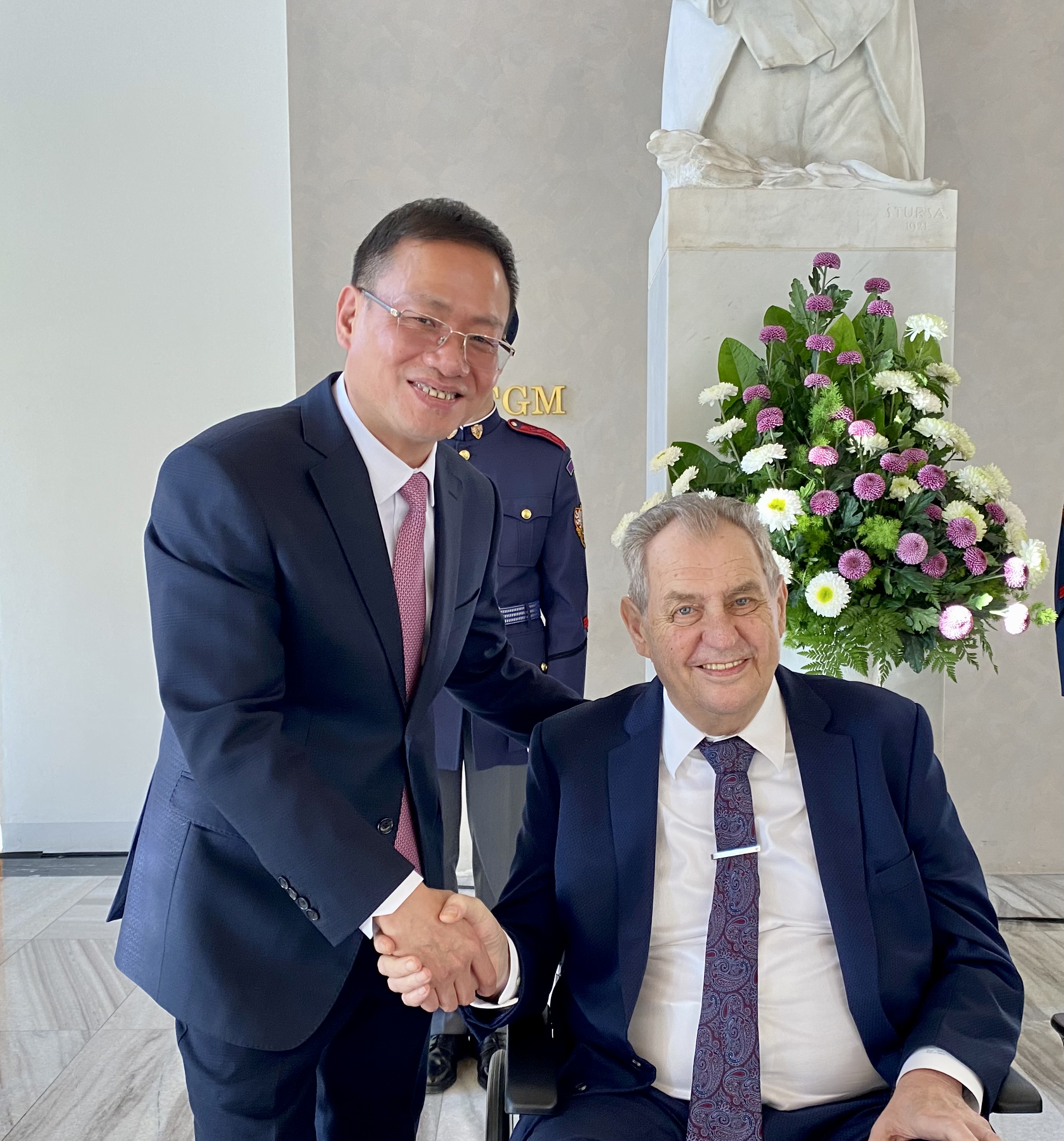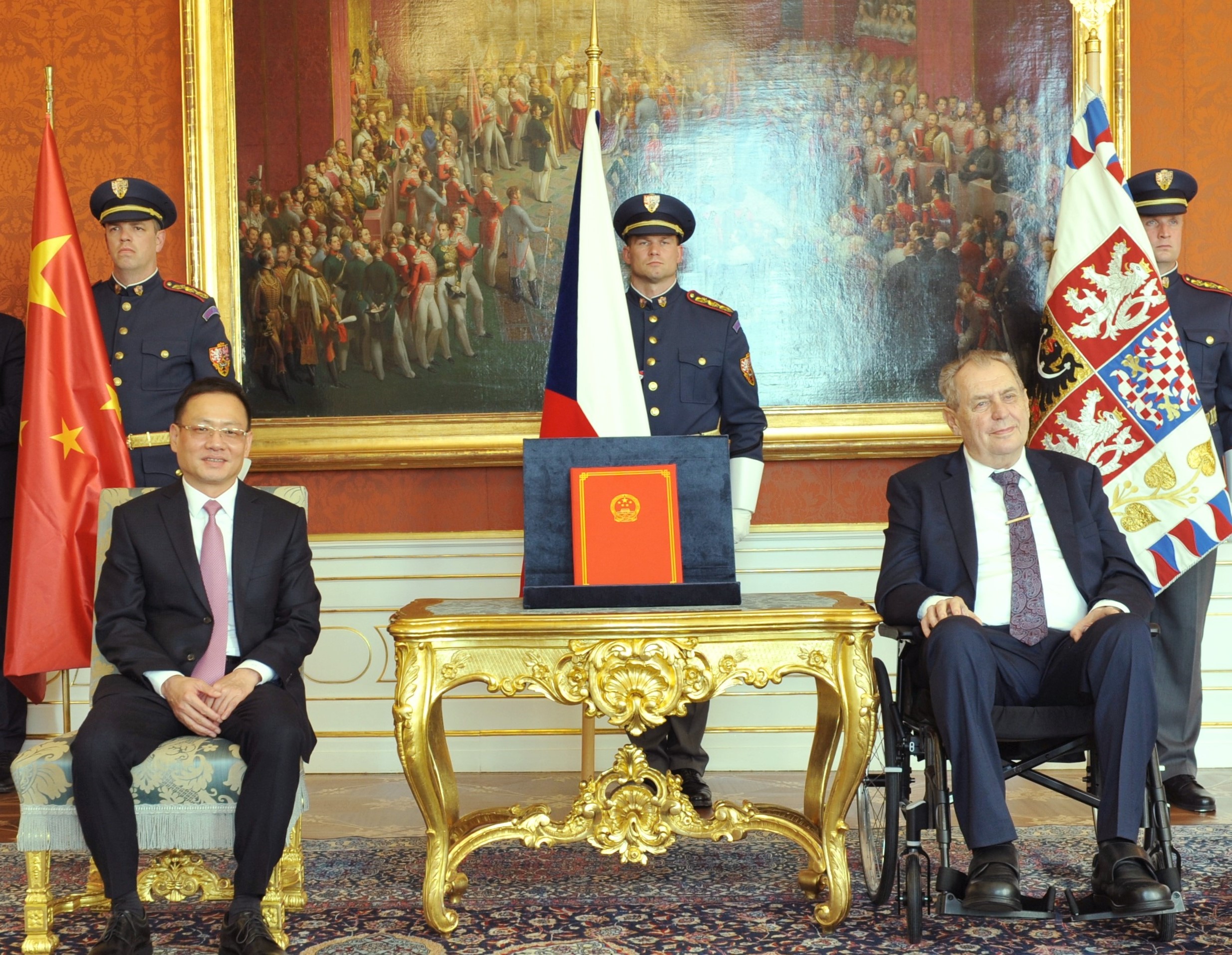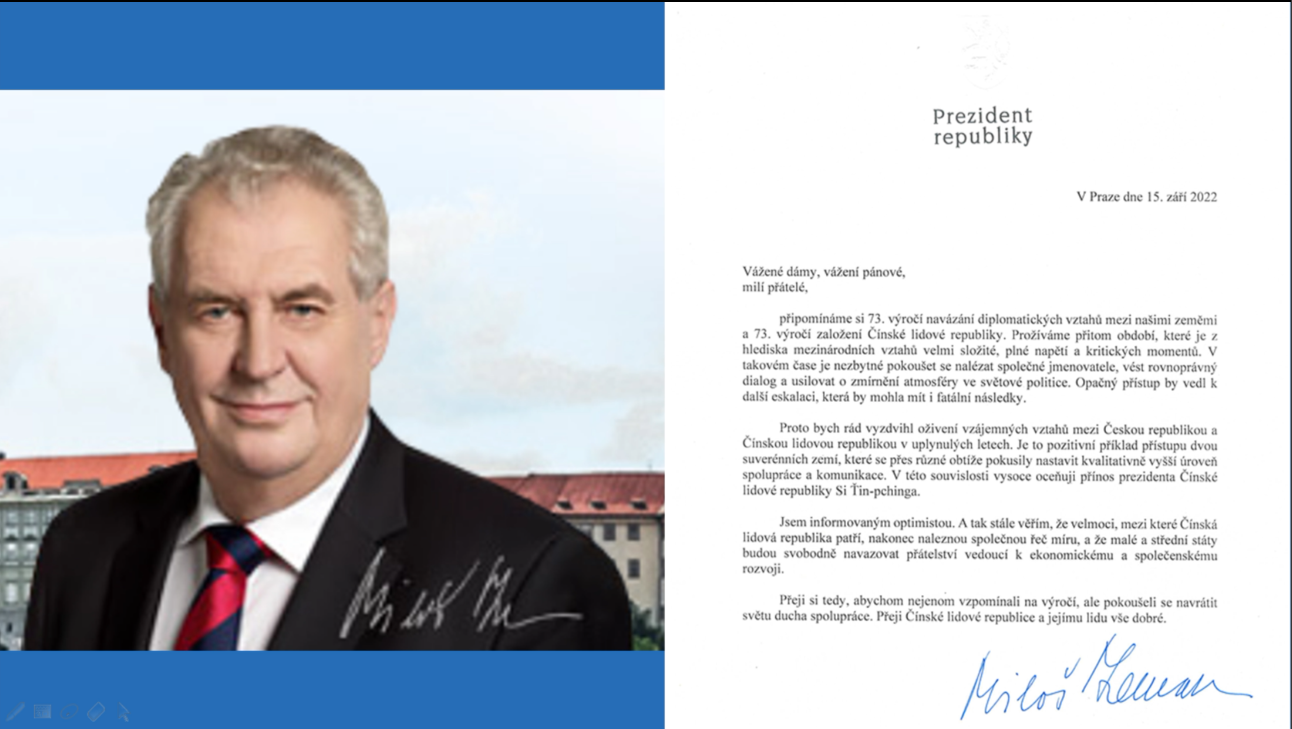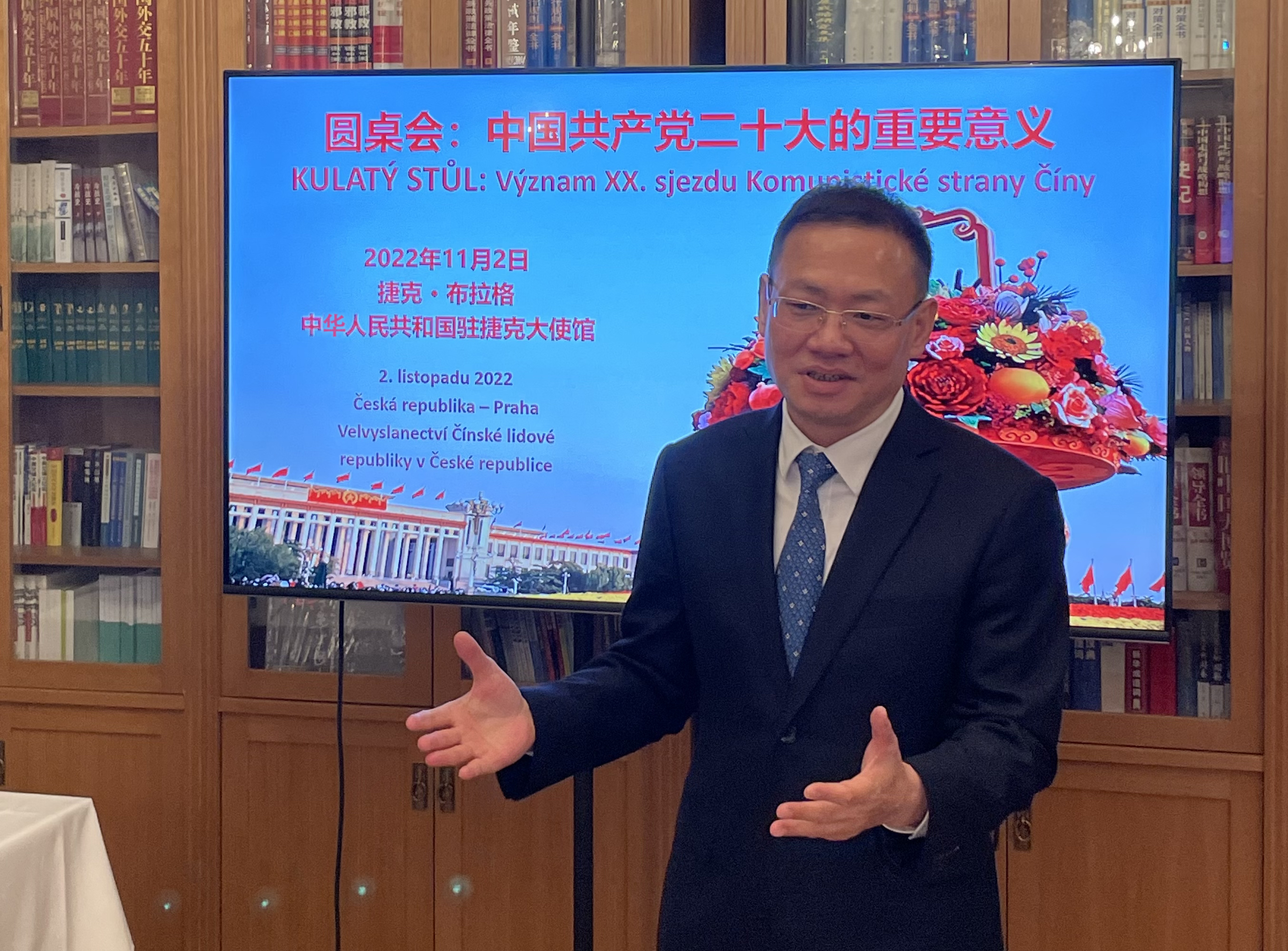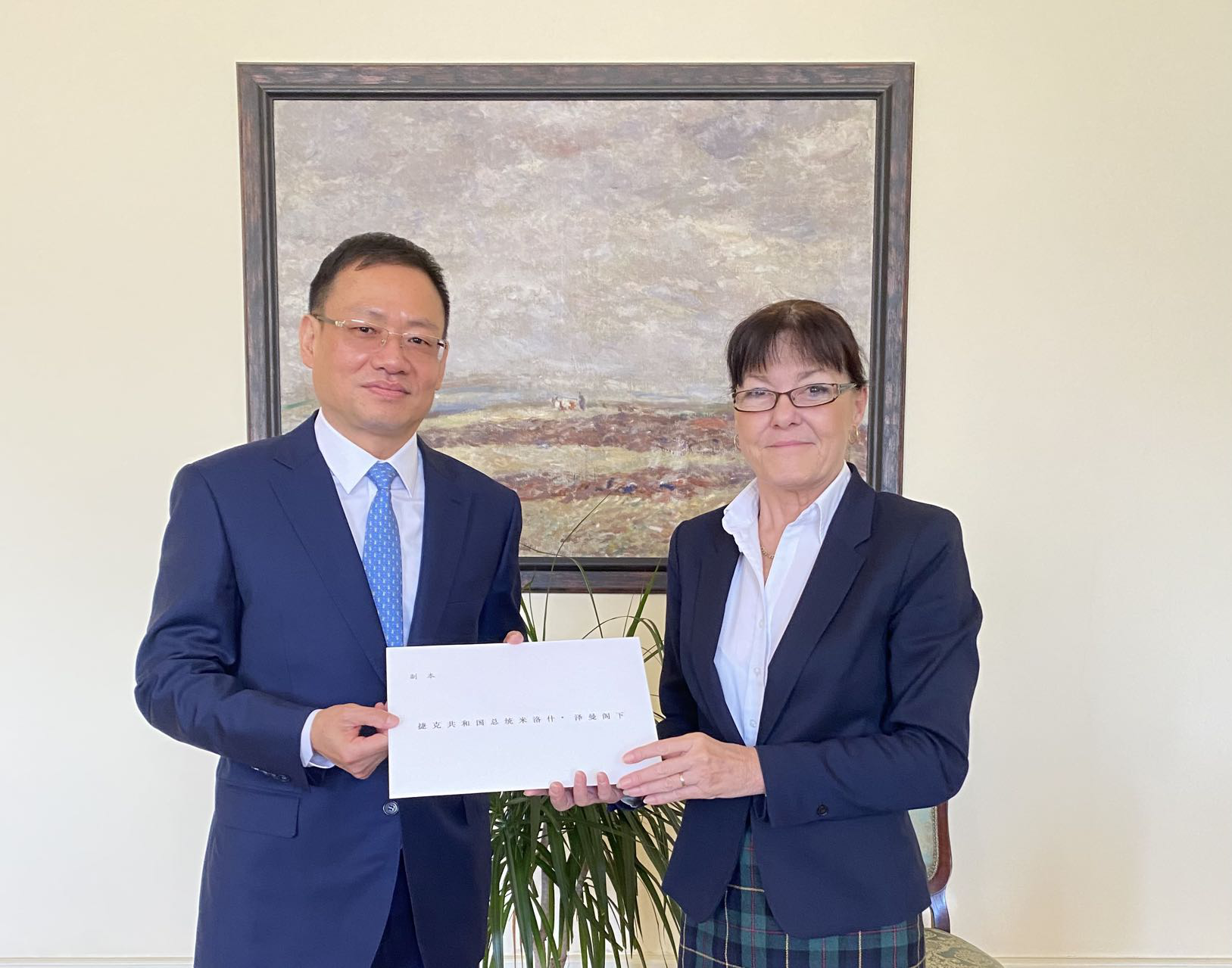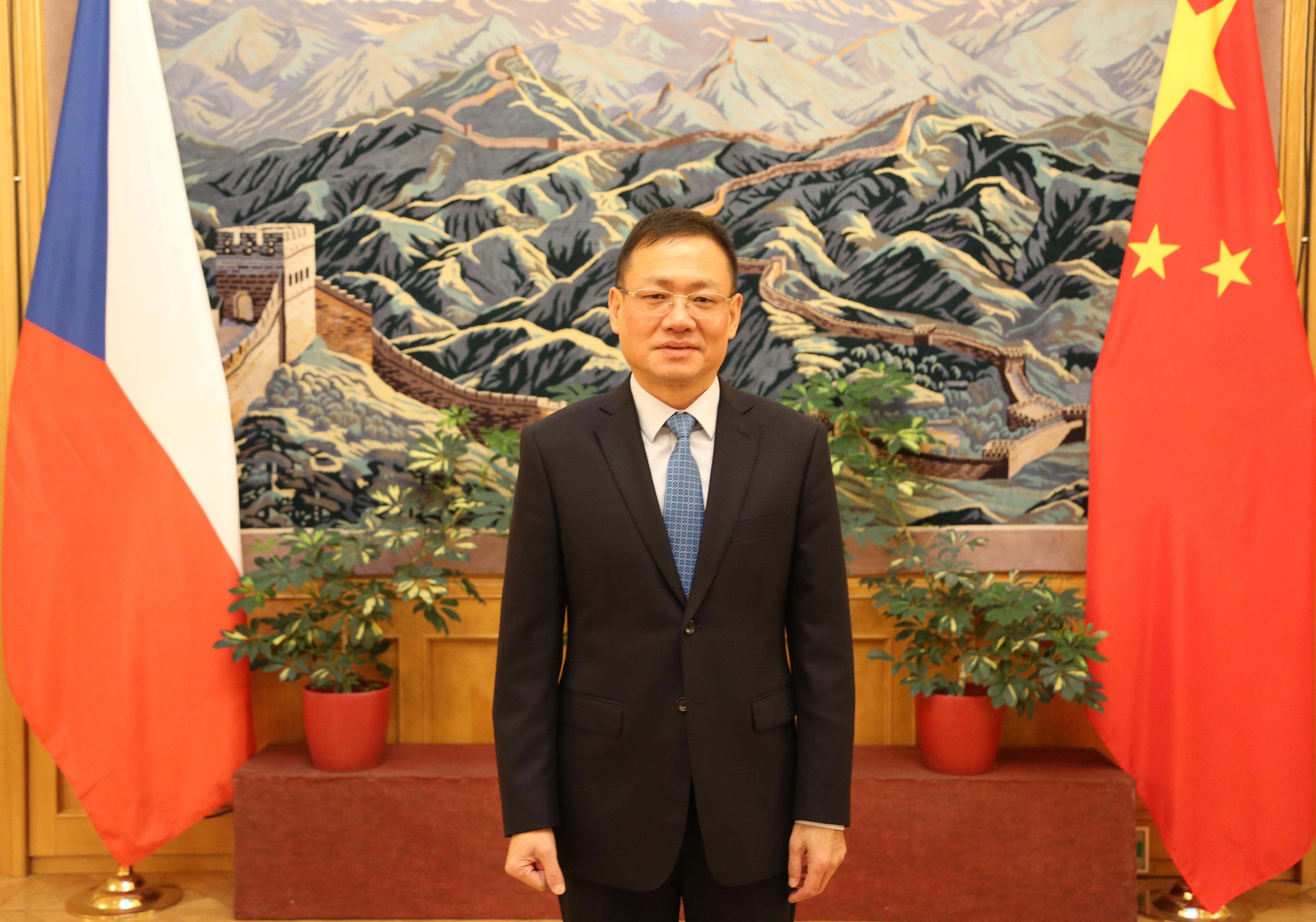| New Countryside, New Rural Life | |
| 2006-11-14 00:00 |
|
| By Wen
Demonstrating the top leadership's ambition to build a "new socialist countryside", Chinese Premier Wen Jiabao presided over a State Council executive meeting on June 30, focusing on rural taxation reform and further relaxing farmers' financial burdens.
A statement from the meeting promised to transfer more funds to the local governments after rural taxation reform cuts out a large chunk of their tax income, while proposing the establishment of a mechanism to monitor farmers' debts.
The meeting might sound too profound for housemaid Li Yuanyuan. Yet the chubby girl from Xiangyang County of Central China's
Landing the job of housemaid in Beijing five years ago, Yuanyuan can earn 800 yuan (US$100) a month, compared to her family of five making about 10,000 yuan a year by growing rice and wheat in a small plot. "You see, I alone can make that much in
Bidding to bail out millions of peasants like Li Yuanyuan, China earlier this year set out the plan called "building a new socialist countryside" to redress the chasm dividing the country into two parts: the affluent urban east and the less developed or even underdeveloped rural west.
The plan is believed to signify a grand shift in infrastructure and investment priorities from urban to rural areas.
Reorienting government investment to create a "new socialist countryside" was declared as a "major historic task" for
The president of the
"It's certainly one way to help raise farmers' incomes. Not until there is a substantial increase in their incomes can we possibly boost domestic consumption, which has already obstructed economic development as a whole," says Prof. Wen Tiejun, a noted expert on rural
A recent survey on what peasants are expecting from the creation of the new countryside was conducted by the School of Journalism & Communication, and the Sociology Department,
The surveyors collected 940 questionnaires from 10 ordinary villages and 10 specially-chosen pilot ones across the country, plus
The survey also found 81. 9 percent said the annually agriculture taxations are not so heavy. Yet, their actual incomes are declining as the price of fertilizers, pesticides and seeds going up.
Although
The new countryside plan indicates that the government is to pay equal, if not more, attention to the countryside as to the cities, and is to revitalize rural
The official criteria for the new countryside, in Premier Wen's words, are "enhanced productive forces, higher living standards, civilized living style, an orderly and clean environment, and democratic administration."
"This vision has defined the new countryside plan as a systematic and comprehensive policy, which clearly reflects the government's thinking on how to deal with the 'San Nong Wenti' -- problems confronting China's agriculture, countryside and peasants," says Prof. Wen.
But Li Changping, who served as the party chief of Qipan Township of Hubei for 17 years, does not see anything special in the strategy.
"The new countryside is not just as simple as building new roads, new houses and new toilets," says Li, now a recognized rural development expert.
The 43-year-old Li earned his reputation as "China's Most Notable Party Secretary at Grassroots Level" after he wrote a letter to the former Premier Zhu Rongji in 2000, complaining that "peasants are too miserable, the countryside is too depressed and agriculture is too much in danger." Soon after that, Li had to resign from the post of township Party chief. He now works as a consultant for the charity Oxfam International,
Prof. Wen disagrees with Li. In his view, the new countryside plan has touched upon some "fundamental problems". One is the emphasis on a good interaction between urban and rural areas and on the construction of harmony in rural communities. For instance, while organic farming is encouraged, the countryside can supply cities with safe food and also keep its own development sustainable. Second, the plan highlights the efforts to perfect social security systems in the countryside. There have been rural residents who became broke and impoverished once a family member got sick, or a child went to a higher learning institution. "You have to have a sound social security system to tackle these problems," Prof. Wen says. Third, the plan aims to build rural areas into desirable communities for comfortable living: not just attractive to conventional rural dwellers but also urbanites.
Prof. Pan Wei, director of the
That reform of 27 years ago resulted in two significant changes in farmers' lives: increase in their incomes and growth in their purchasing power. That in turn led to township enterprises emerging as a new force where state companies failed to meet demand.
Rural development in the 1980s was designated to have industrialized the countryside. The three key elements of agriculture -- land, labor and capital – were consumed to achieve that goal. Rural enterprises set up by peasants absorbed surplus farming manpower, shifting them into non-agricultural work without uprooting them from the countryside. Villagers who put money or technology became shareholders in village factories, and a group of peasant entrepreneurs came to the fore. An unprecedented increase in peasants' incomes helped narrow the urban-rural income gap.
But only a small part of the rural communities, mainly in the east, sustained the momentum of development and remained affluent, experts say. The vast bulk of countryside had remained stagnant as urban expansion soared during the 1990s.
The central government has decided to spend 339.7 billion yuan on farmers this year, an increase of 14.2 percent on last year. Most of the money will be allocated to bettering rural schools, improving access to health care and public works like road construction and irrigation works.
Rural infrastructure facilities lag far behind. Nearly seven percent of rural schoolhouses are in danger of collapsing, meaning more than one million pupils cannot go to school regularly, according to the Guangzhou-based Southern Weekend.
But while the increased spending must be welcomed, it's important to remember the base is low. Rural development forms 8.9 percent of
He suggests "developing peasants' own cooperative organizations and helping them get into profitable fields like buying and selling, financing and supermarkets."
Through their own organizations, peasants can negotiate effectively with other economic bodies and establish a stable contractual relationship.
Social services in the countryside are also in a precarious state. "You cannot deploy a doctor or a teacher to every single village. Therefore, we must prepare rural people with some necessary social skills to survive urban modernization, a must for a nation's modernization," says Prof. Ding Yuanzhu with the Macro-Economic Research Institute of the State Development and Reform Commission.
Building a new socialist countryside in the final analysis is all about building new cities in rural areas, or so believes the CCTV pundit Song Xiaojun. "The idea of a new countryside is about hope, materially and culturally. People mostly live on hope or expectation."
"The city and the countryside both are children of the government. Now the government calls for rich urbanites to energetically support their long-overlooked rural brethren. That's a hope for the vast countryside."
A vegetable vendor in north
Li, 27, had never been to a cinema before she came to
However, Prof. Wen Tiejun says, international experience indicates that urbanization alone cannot save the countryside. Take a look at
Therefore, privatizing agriculture land is not the solution. "The problem
--end-- |
|
||||||||||||||||
| ||||||||||||||||
|
|
||||||||||||||||

